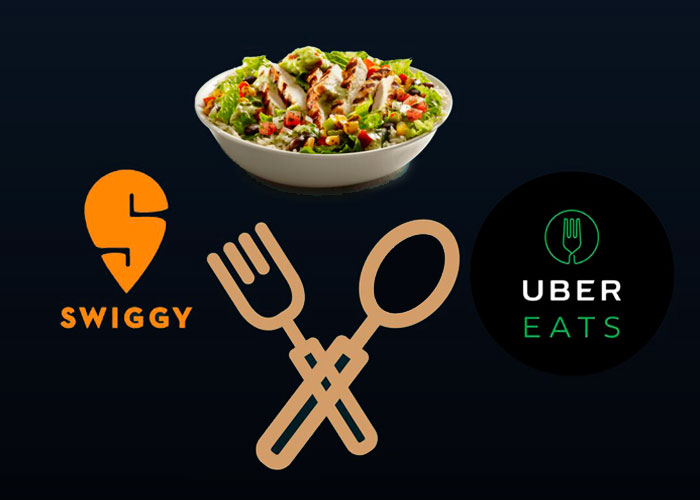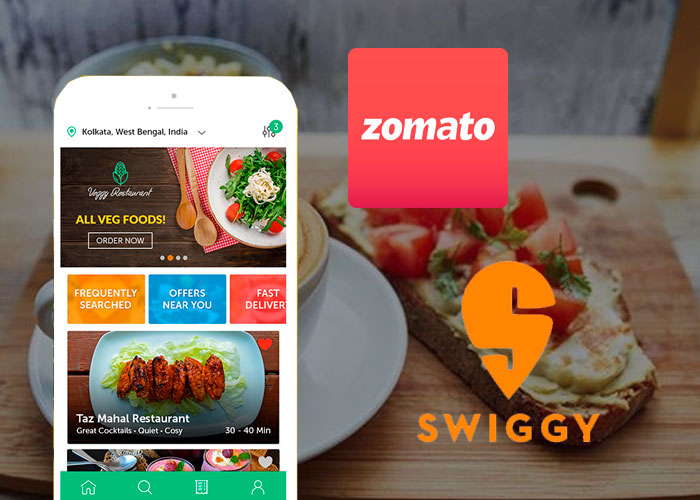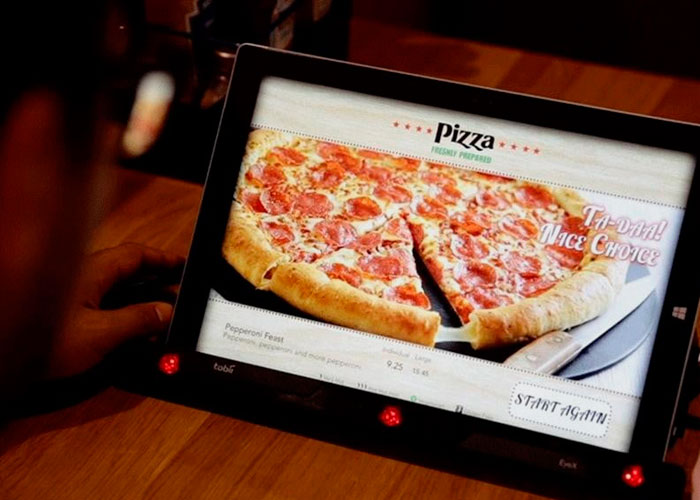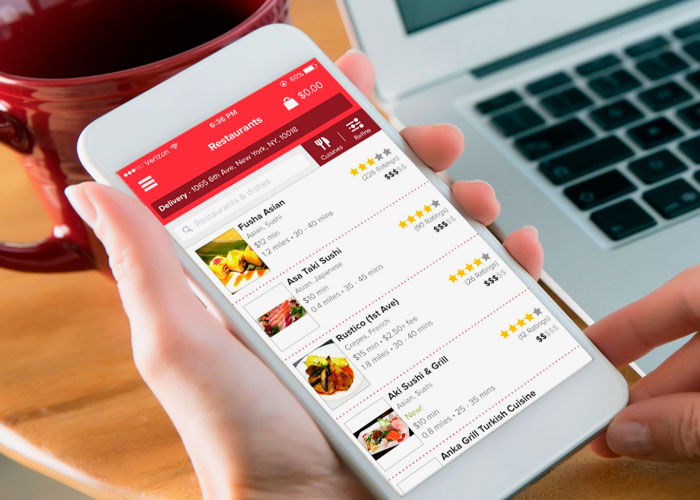Swiggy to Acquire Uber Eats India

Uber Eats India, the online food ordering and delivery platform launched by Uber, is all set to be acquired by its local rival Swiggy. Uber Eats was launched in India in May 2017, it operates in currently in 37 cities across the country. Swiggy has been backed by Naspers and is valued at over $3.3 billion as of 2019.
The food delivery business needs heavy operations and is resource intensive according to industry experts. The business margins are also low making consolidations more likely in the space. With Uber Eats acquisition, Swiggy and Zomato are now the largest players in this space.

Uber is pushing for its exit from food business in India to cut down its losses as it prepares for a gigantic IPO later this year. The targeted valuation for the Uber IPO is likely to be in the range of $120 -150 billion.
As per Statista, India is the third highest online food delivery market in the world. The online food revenue in India stands at $8.2 billion in 2019, behind US at $18.4 billion and China at $38.4 billion. The online food ordering has come a long way. It is intriguing to note that the first online food order was a pizza from Pizza Hut way back in 1994.

Swiggy has deep pockets after raising over $1.45 billion and are aggressively tapping the market. According to industry insiders, they’re burning cash to the tune of $30-40 million every month.
The Uber Eats acquisition will be channelized via share swap, where Uber would pay with stocks and will take 10% stake in Swiggy. The exit strategy is part of how Uber made its exit from Singapore based ride hailing app Grab, where they closed Uber and got 27.5% stake in Grab.
Swiggy was launched in 2014 in Bengaluru, and has emerged among the leading food ordering startups in the country. The other notable players like Zomato and Food Panda have also been ordering huge discounts after raising the capital. Food Panda was acquired last year by Ola, which is Uber’s ride sharing competitor in India.
The food ordering ecosystem is growing with the both restaurants and consumers benefitting from it. The business model relies on signing up restaurants that get access to a wider customer base. This is not possible in a traditional set-up without additional costs for waiters, staff, space, electricity, logistics etc. For consumers, the discounts, food choices, convenience is the driving force.

The online food delivery system is evolving with restaurants looking for ecommerce options to tap customers; they are also tying up with companies like Swiggy, Food Panda, Zomato and other third parties for online services and delivery.
The online platform capabilities and digitisation are driving growth in traditional areas like food ordering. The Naspers CEO Bob Van Dijk remarked, “Food delivery is a perfect example of our strategy in action with online platform capabilities that address a large offline societal need in a high-growth market. It’s still early days, but if you look at the growth in revenue and the underlying operating metrics, it gives us real confidence in the potential here.”

